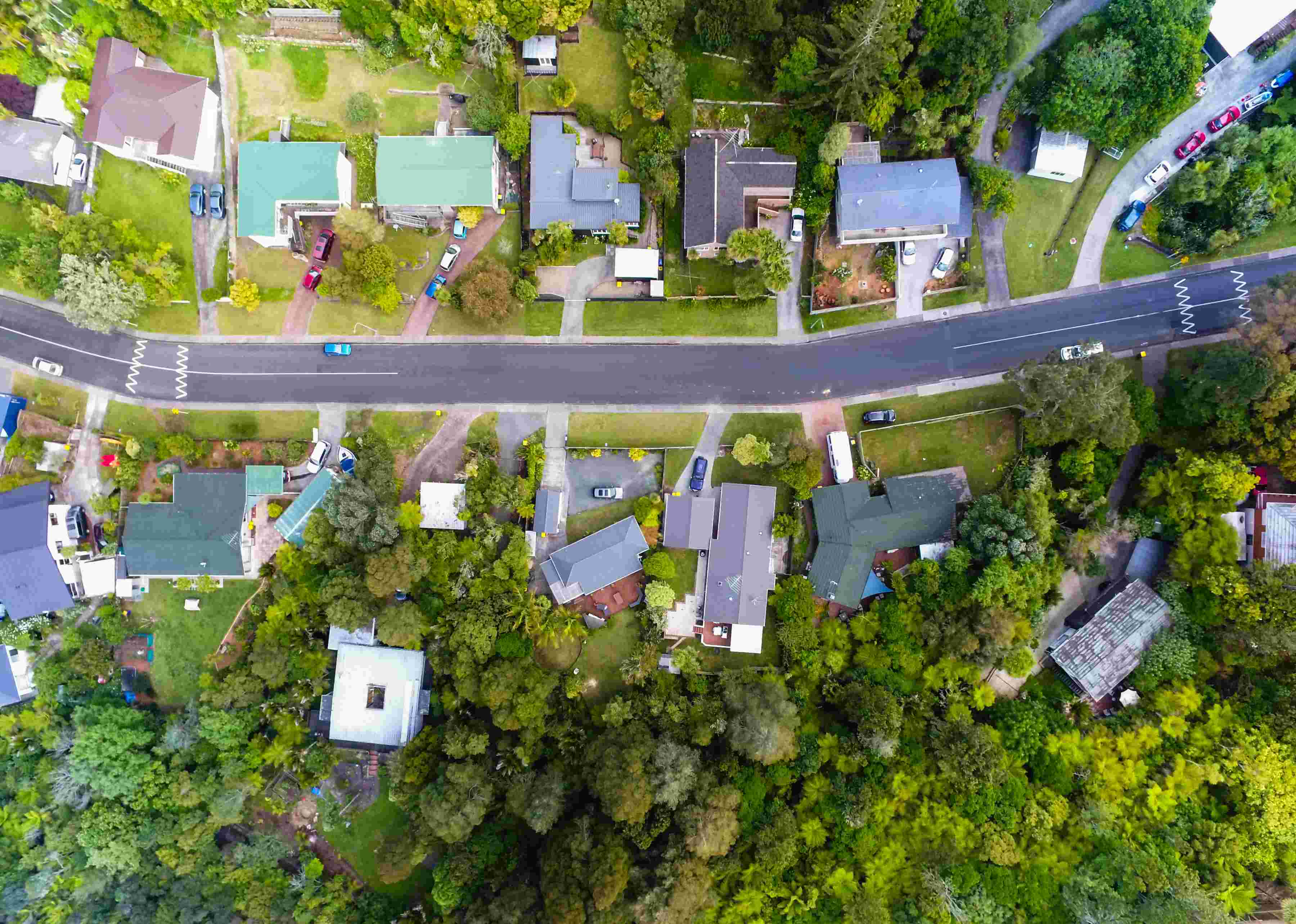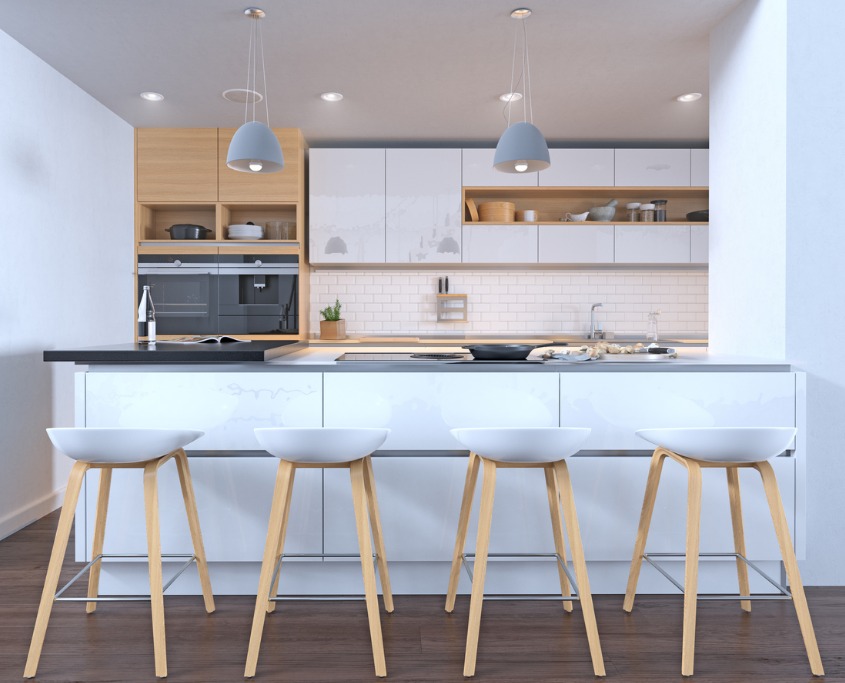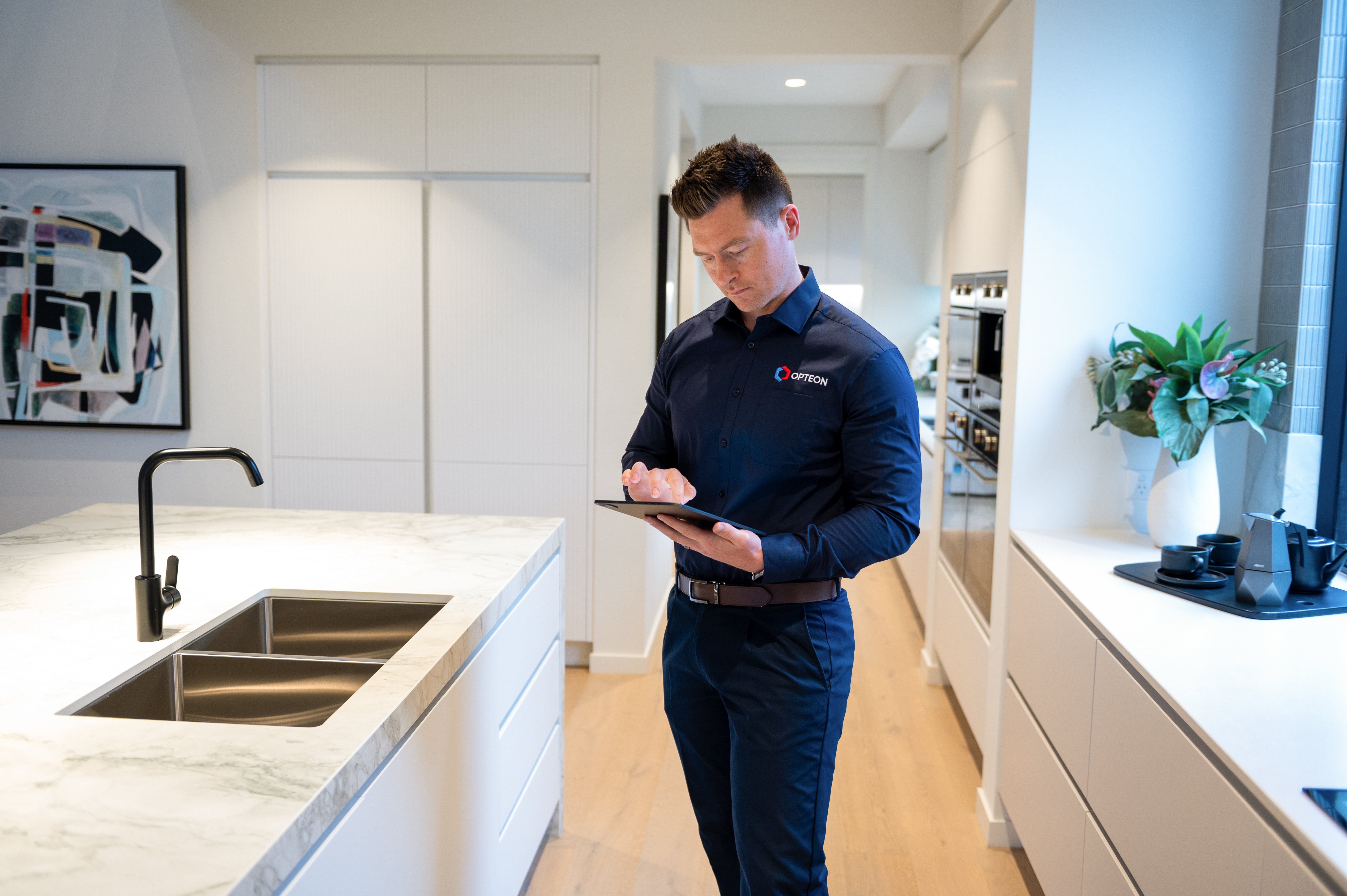9 common factors that affect residential property value
Blog

If median house prices have risen in your suburb, it's easy to assume your property value must have risen too. A range of factors mean this may not always be the case. Let's take a look at the nine most common factors influencing your residential property value.
Does local market movement directly affect the value of a property?
 The short answer is - not necessarily. Valuations carried out by accredited Valuers are not based purely on local property market statistics, which may often be skewed in one direction depending on the most recent sales that have occurred.
The short answer is - not necessarily. Valuations carried out by accredited Valuers are not based purely on local property market statistics, which may often be skewed in one direction depending on the most recent sales that have occurred.
A valuation report must be unbiased, based on the facts and data gathered at the date of valuation, and taking into account all of the following and more:
Condition & Presentation
Updating of kitchens, bathrooms, floor coverings and landscaping can add value to your home, however - you should always seek appropriate advice to ensure you do not over capitalise on renovations.
Cost does not always equal value!

Location! Location! Location!
Being located close to amenities such as public transport, community facilities, education establishments, cafes, restaurants, water bodies and retail precincts may increase the value of a property. On the flip side, if you are located close to a power transformer, high voltage power lines, highways or a sewerage treatment plant - this may detrimentally affect the value of your property.
Views / Aspect
Views of coastline, lakes, rivers, or parkland generally increase the value of a property. Also important to take into consideration are factors of aspect to the sun for natural lighting, and privacy from the street or neighbouring properties.

Layout / Size
Functionality of the layout, especially in the kitchen and living areas, appeals to buyers, as does size (including the number of bedrooms and bathrooms).
Car parking
If you are located in the city, off street and covered/secure car parking can increase the value of your home.
Accessibility
Close proximity to public transport routes and access to highways or a major arterial route are a benefit.
Development Potential
Consider the underlying zoning density and development potential, i.e. can the block be further subdivided?

Environmental Factors
Flood plain or wetland affected areas may have restrictions as to the use on this affected land.
Supply & Demand
The balance between supply and demand (i.e. within a 5km radius of the city with no additional land supply available) means prices usually increase over time. Alternatively, an increase in supply may result in higher levels of local competition, and therefore decrease values.
This information is based on the most common residential property valuation scenarios we encounter as Valuers.
Many other factors that will contribute to the value of your property. If you'd like to know the true value of your residential property, reach out to us today for a free quote or try our FREE MyProperty Estimate tool.
-1.jpg?width=900&height=2250&name=compressed_White%20Colorful%20Modern%20Timeline%20Design%20Process%20Infographic%20(3)-1.jpg)

.png)


.jpg)

.png)
